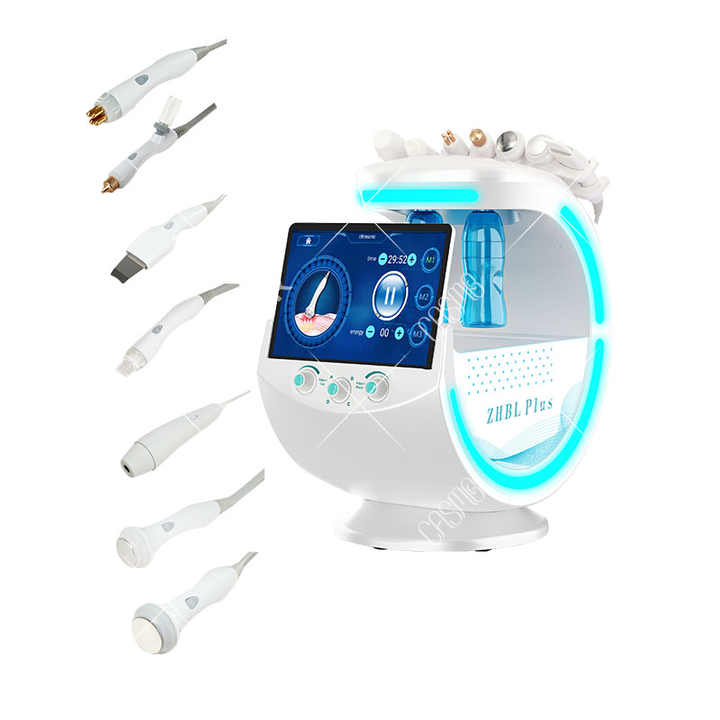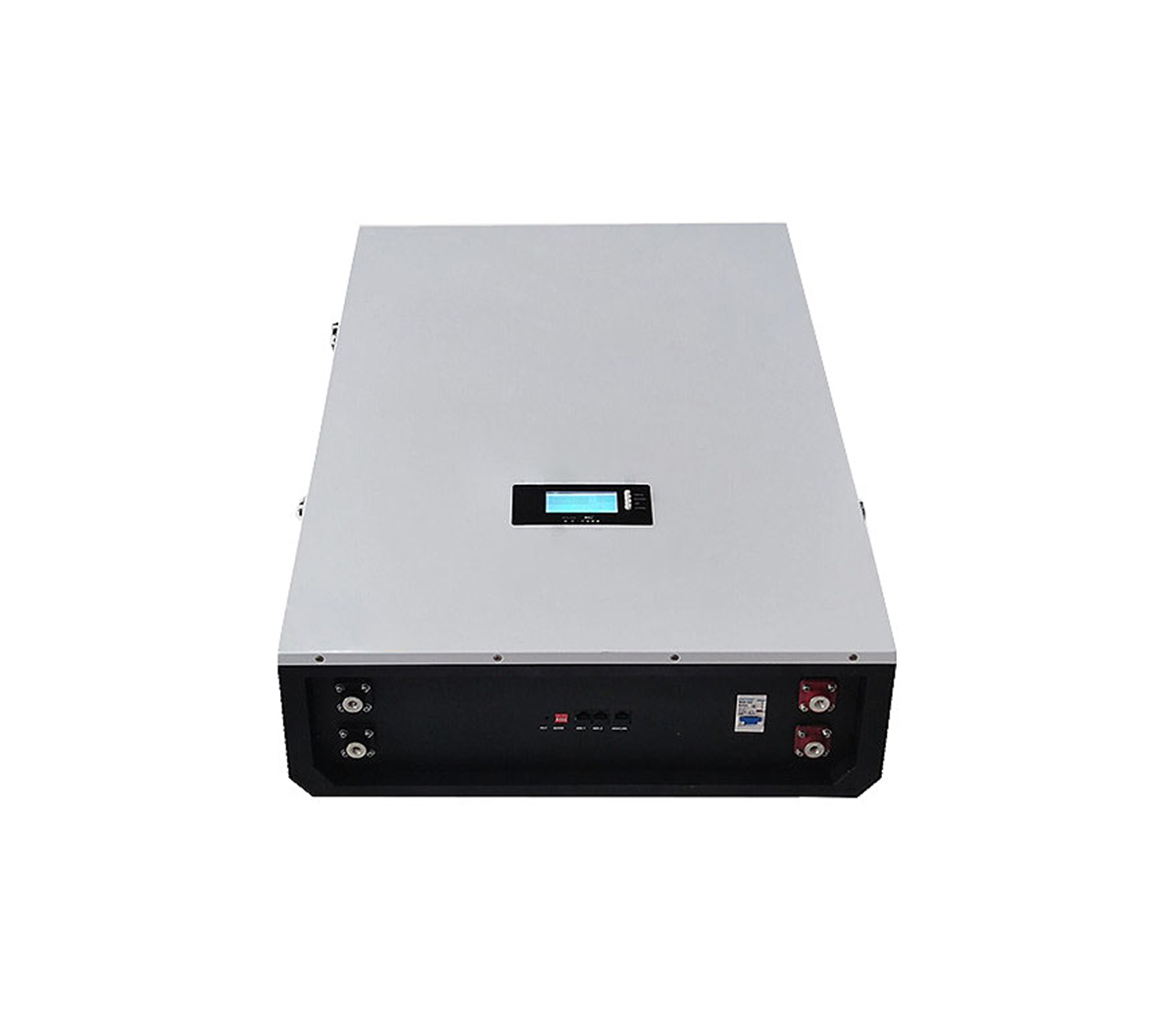Power battery recycling is turning around, and recycling technology is
gradually improving
Although some new energy vehicle companies have already deployed the power
battery recycling market, due to lack of technology and experience, many
companies choose to hand over to a third-party professional recycling power
battery provider. The blue ocean of battery recycling has already taken shape,
and only awaits the maturity of recycling technology to complete the ice
breaking.
From April 17th to 18th, the 7th Automotive Power Battery Recycling and
Recycling and Secondary Battery Recycling and Recycling Technology Seminar was
held in Beijing.
The key crux of power battery recycling
Huang Jianzhong, former deputy inspector of the Department of Energy
Conservation and Comprehensive Utilization of the Ministry of Industry and
Information Technology, and secretary general of the China Electronics Energy
Conservation Technology Association, said: The current power battery recycling
industry is entering an important stage of research. It is manifested as the
following three key points.
First, regardless of the design and production of power batteries, or the
recycling, disposal, and comprehensive utilization of waste power batteries,
they are still in a stage of continuous improvement of policies and regulations
that support and standardize development.
Second, how do battery manufacturers adopt standardized, versatile and
easy-to-disassemble product structure designs to strengthen the life cycle
management of power batteries.
Third, how to establish various systems for extending the responsibility of
producers with automobile manufacturers as the main body, play the role of
market mechanisms, and establish power battery recycling channels.
These three key points sharply pointed out the main crux of my country's
recycling and disposal of used batteries.
In terms of the power battery recycling policy system, at present, the
design and production of power batteries, the recycling, disposal, and
comprehensive utilization of waste power batteries in my country are still in a
stage of continuous improvement of policies and regulations that support and
standardize development. At the previous "two sessions", Chen Hong, a
representative of the National People's Congress and chairman of SAIC Motor,
stated that my country's power battery recycling policy system is not sound
enough at this stage. It is difficult for OEMs to manage the entire life cycle
of the power batteries of all sold vehicles, from the sale of new vehicles to
the final recycling. Therefore, he suggested, "Relevant departments should study
and introduce new energy vehicle recycling qualifications, and gradually
eliminate enterprises with backward technology and environmental protection
standards."
In terms of power battery life cycle management and producer responsibility
extension, Wang Hongmei of the Chinese Academy of Environmental Sciences has
more experience. She once presided over the policy formulation work of the
Ministry of Ecology and Environment on "Waste Battery Pollution Prevention
Technology". She pointed out that the management of waste lead-acid batteries is
currently mainly concentrated on industrial hazardous waste, and the management
of hazardous waste for civilian products is still relatively weak. Therefore,
she suggested: “In general, a unified coding standard should be established at
the national level, a traceability system for the entire life cycle, and the
entire flow can be monitored. Finally, a closed loop between production,
recycling and regeneration should be created, and the responsibility for
pollution should be truly extended to consumers. Establish a new model for
civilian hazardous waste management."
The blue ocean of the battery recycling market, waiting to be perfected in
the recycling industry chain to break the ice
Judging from the service life of the battery, the first batch of electric
vehicles has an operating mileage of more than 200,000 kilometers, which meets
the requirements for decommissioned batteries, and some power batteries have
begun to enter the period of obsolescence. The arrival of the obsolescence
period also brings huge market opportunities to the battery recycling industry.
It is understood that the waste power battery recycling market will begin to
explode in 2018. It is estimated that the waste power battery recycling market
will exceed 5 billion yuan in 2018. From 2020 to 2023, the waste power battery
recycling market will further grow to 13.6 billion yuan- 31.1 billion yuan.
In order to strengthen the recycling of used batteries, at the end of
February this year, seven ministries including the Ministry of Industry and
Information Technology jointly formulated the "Interim Measures for the
Management of Recycling and Utilization of Power Batteries for New Energy
Vehicles." In the face of the blue ocean in the market, lithium battery-related
companies have also seized the opportunity and began to deploy power battery
recycling.
Guoxuan Hi-Tech, a listed power battery company, has previously stated that
it has established a related company for comprehensive battery recycling and is
currently building a recycling production line.
In addition, the power battery company Ningde Times is also exploring a
complete lithium battery green industry chain. Ningde Times insiders stated that
after the power battery is retired from the car, it is placed in its battery
energy storage system for echelon utilization. After echelon utilization, the
battery will be disassembled and battery materials recycled.
2018 is the first year of the development of the power battery recycling
industry. In this regard, Wang Chao, secretary-general of the China Battery
Alliance, believes that the rapid development of the power battery recycling
industry is in line with the expectations of all parties in the new energy
automobile industry, but the industry trend should be re-examined from two
perspectives. First, the power battery has reached the end of service life, and
the market is gradually expanding. The second is the policy of "power battery
capacity decays to 80% will face retirement" and other policies, forcing power
battery companies to deploy and improve the recycling system, driving the
industry to advance rapidly.
Although some new energy vehicle companies have already deployed the power
battery recycling market, due to lack of technology and experience, many
companies choose to hand over to a third-party professional recycling power
battery provider. The blue ocean of battery recycling has already taken shape,
and only awaits the maturity of recycling technology to complete the ice
breaking.


































